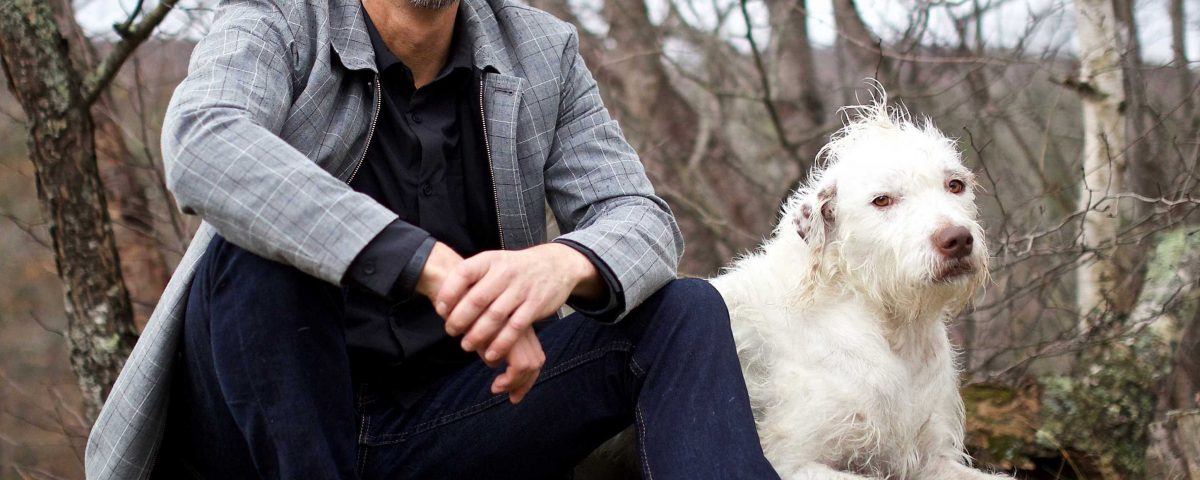Do I Hear a “G”!
Do I Hear a “G”!








UPDATES
- New nurse’s station: Our new, upgraded nurse’s station is nearly complete, compliments of our stellar nurse, Michelle Austin, and her carpenter husband, Brett. The new station, located on the main floor of the academic building, will allow us to more easily and safely supervise, monitor, and care for students.
- Hyflex curriculum: Our fall schedule has been adjusted to allow for in-person instruction plus real-time (and recorded) remote instruction to meet the needs of all students regardless of circumstances.
- Integrated programming: Abby Hood and Greg Vogel, along with a team of teachers, dorm parents, and counselors, are refining parts of our program and schedule for more robust and integrated 360-degree support of our students–more on these exciting improvements as fall approaches!
- COVID-19 Top sheet: Click here to view Oliverian’s COVID-19 Prevention Protocol Top sheet.
Dear Parents and Oli Family:
Way back in the early days of COVID-19, before we had a clear and coordinated national strategy for tackling this pandemic (yes, I am being facetious), I called a meeting and asked my faculty to strictly limit travel over spring break. Knowing that this was a huge ask for an exhausted team of teachers, counselors, and dorm parents, I mentioned that I had canceled my own long planned trip to visit my ailing 94 year old Dad, despite not knowing when, or if, I would have another opportunity.
Everyone seemed to accept the travel limitations and many cancelled their own longstanding family plans and vacations, knowing that their highest duty was to safeguard our students and community. I was relieved and grateful.
But a few days after that meeting, an Oli teacher asked if he could speak with me in private.
“I understand the travel restriction and I appreciate your effort to lead by example, Will,” he said. “However…”
Oh boy, here it comes, I thought, they are not on board after all. I mentally braced to deliver an indelicate and unequivocal case for the restriction.
“I think, Will,” he continued, “that you need to visit your dad. I also think the faculty would understand that your situation is special.”
I almost choked when he said that. My eyes brimmed. I had no words, so just nodded and thanked him and left. As moved and grateful as I was for those words, we stayed in Pike.
Over the next days and weeks, though, several other faculty members asked about my family and encouraged me to visit–despite my being the quasher of their own precious travel plans. Every supportive nudge was a moving gift that I was not yet comfortable unwrapping because, in part, I felt so acutely undeserving of it.
Finally, though, days after the tragic loss of her mother, Janice Hatch commanded me through tears for her own parent to visit mine. So, finally, I did. I tell this story to remind myself, and you, of what most fundamentally makes this school work. In a word: grace.
***
I have heard a few definitions of “grace” over the years. By grace, I do not mean “polite,” or “well mannered,” or “elegant in motion.” I am not talking about insipid garden-party graciousness. I am talking about Grace with a capital “G.” The impractical, illogical, transcendent act of carrying someone else’s burdens–even if they don’t deserve the help. I am talking about paying someone else’s debt, giving something needed but unearned, sacrificing one’s own health or wealth or safety or comfort for another person. Grace is big enough to gather up and hold many other transcendent qualities like kindness, compassion, generosity, self-sacrifice, and long-suffering. It is an especially loving form of love. “Grace” with a capital “G” is rarely used because Grace itself is rare. It is the rarified domain of people with names like Jesus or Ghandi or Martin Luther King or Mother Teresa.
On the other hand, it is also the domain of people with names like Mom or Dad. Even if only to those who call them that. Like Oliverian faculty members, Oliverian parents score unusually high on the Grace scale–even for parents. Either the task of raising such brilliant, sensitive, powerful, fragile, challenging souls forges Grace, or the Gracious are selected for that task. Maybe both.
In an August 6 article in the Wall Street Journal, Peggy Noonan attempts to itemize all the stuff there is to worry about these days, only to give up and declare, “everything.” She concludes her piece by wondering what could possibly make people feel safe during these anxious times. Noonan provides no answers, which strikes me as honest, but disappointing. I think I can do better, if only by virtue of the company I keep. As I approach this, the most uncertain, fraught, bizarre, high-stakes fall in my thirty-plus years as an educator, I feel, oddly, calm and unafraid.
That’s because I work with and for Gracious people.
The kind of people you need in a crisis, a pinch, a pandemic. The kind of people who care more about what you need than what you deserve; who live selflessly, work tirelessly, and love unconditionally. The kind of people who would do anything to help a brilliant, sensitive, powerful, fragile, challenging teenager find their own safe place in a scary world. The kind of people who would encourage a demanding boss to spend undeserved time with his aging parents.
So, what could possibly make me feel safe while the world is wobbling off its axis? Gracious–all of you, of course! I hope you feel the same way.
See you in September!
Warmly and hopefully,
Will
Will Laughlin, Head of School/CEO
